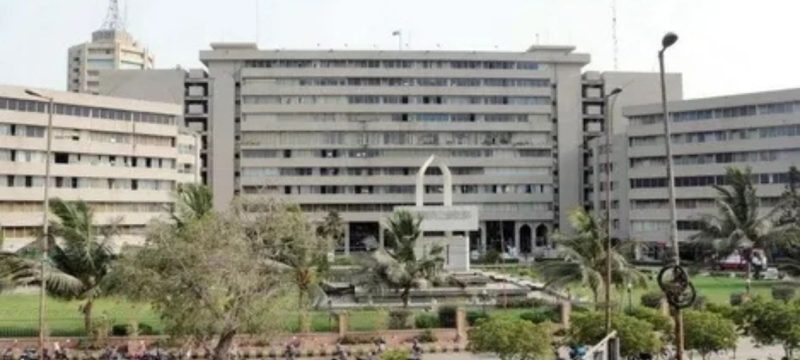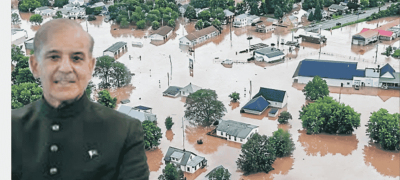Karachi parks are meant for public recreation, not private profit. The Sindh High Court (SHC) has declared that commercial activities in public parks across Karachi are illegal, a ruling that marks a significant step toward protecting urban green spaces. The decision comes after repeated concerns about the shrinking number of open areas in the city due to unchecked commercialization.
SHC declares commercial activities in Karachi parks ‘illegal’
The court emphasized that parks must serve their original purpose of recreation, fresh air, and relaxation for citizens. Any form of commercial exploitation, from shops to private events, violates the core purpose of these public spaces. The judgment was widely welcomed by environmentalists and civil society activists, who have long campaigned for stricter enforcement of park protection laws.
According to the SHC ruling, authorities must ensure that Karachi parks remain free from private businesses that threaten both the environment and the rights of citizens. The decision is also tied to ongoing legal debates over municipal responsibilities and the preservation of green belts.
For context, recent developments in related cases, including the suspension of Moonis Alvi’s removal, highlight the SHC’s active role in addressing administrative and environmental matters in the province.
Key highlights from the ruling
- Commercial activities banned: No businesses or private ventures will be allowed inside Karachi parks.
- Public use prioritized: Parks are reserved strictly for recreation, leisure, and public gatherings.
- Municipal duties enforced: Authorities must maintain and protect green spaces against encroachments.
- Environmental protection: The ruling aims to preserve Karachi’s limited green cover and improve urban air quality.
Why this ruling matters for Karachi
Karachi faces one of the lowest ratios of green spaces per capita among major cities. Rapid urbanization, coupled with commercial interests, has turned many public spaces into profit-making ventures. By declaring commercial activities in parks illegal, the SHC has set a precedent that underscores the urgent need to reclaim the city’s environment for its residents.
Urban planners believe this decision could serve as a model for other cities facing similar challenges. Civil society groups are urging the government to take strict follow-up measures to prevent violations and ensure that public parks truly remain public.
The ruling is a reminder that safeguarding green spaces is not just about beautification but about protecting public health, social life, and the environment. With this step, the SHC has reaffirmed the principle that public land belongs to the people.







